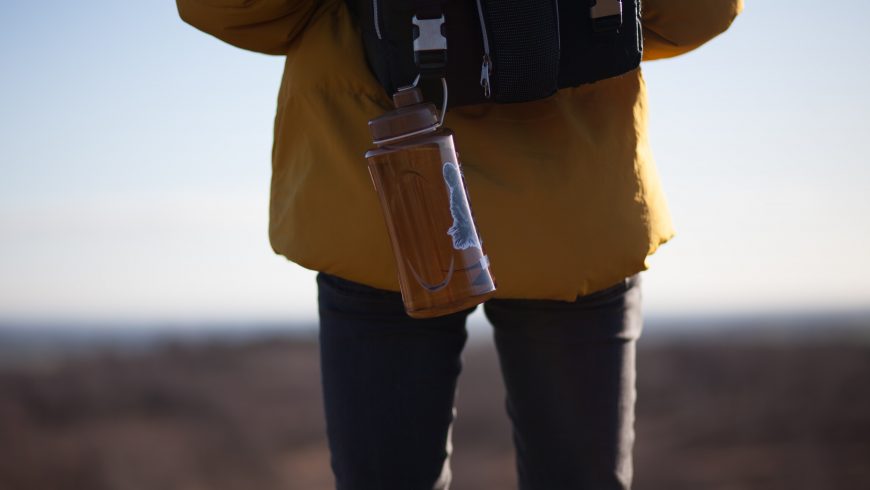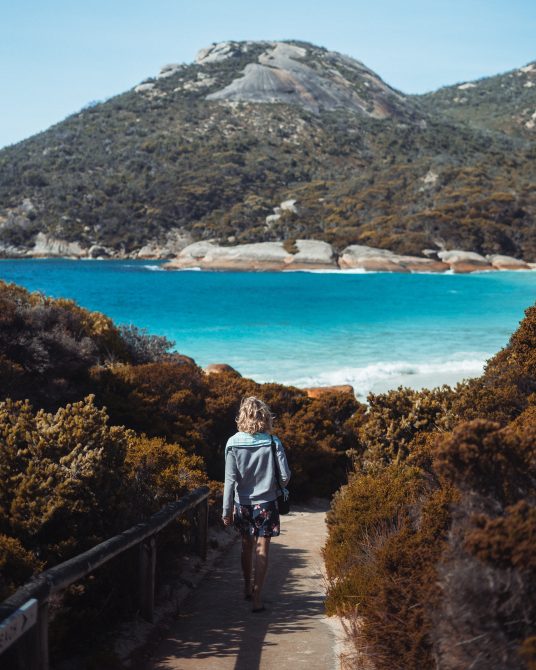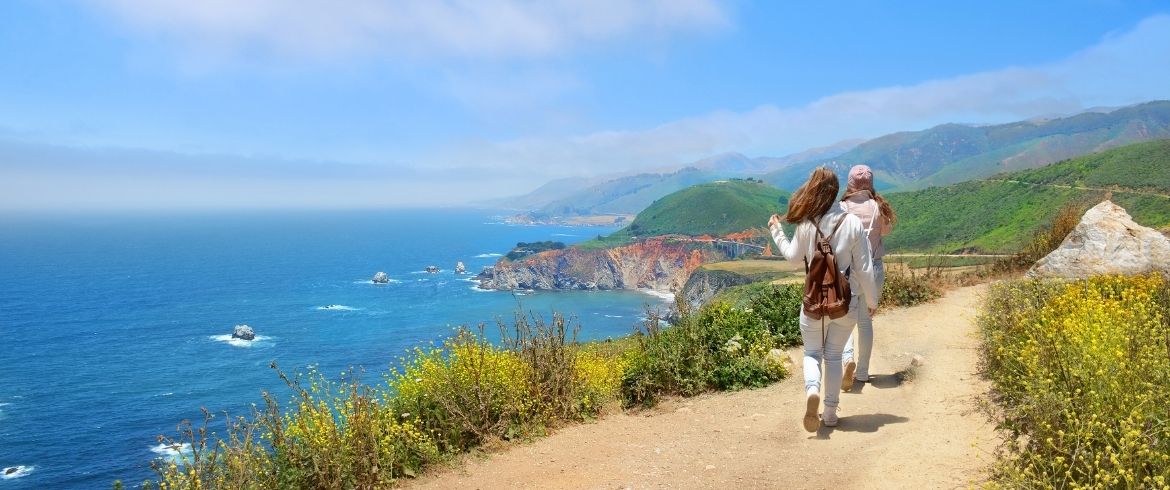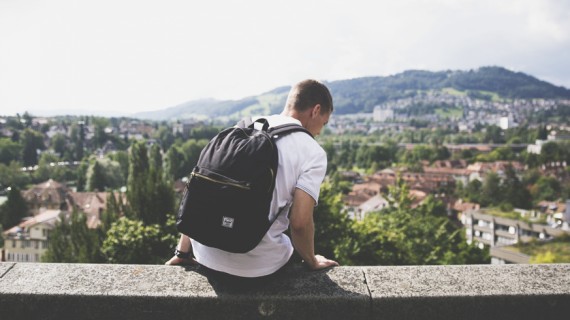This article is a worthy starter’s guide for students who are interested in eco-traveling. Here, they will find valuable recommendations for both domestic and foreign trips.
Eco-traveling becomes more and more popular each year. First, it is a good idea to take care of the environment. Second, the eco-lifestyle enables people to get new vivid emotions. Third, eco trips often turn out to be more affordable, which is especially important for students. In this article, those who have never tried green traveling before will find smart tips on how to do it.
Getting Started
Some of the recommendations from this article are related to transport or accommodation. Others will help travelers to establish better relations with locals and the environment. Plus, the readers will discover a few pieces of advice on ethical behavior, which is an integral part of the green lifestyle.
At first, that might seem like a lot of information. Once newbies get used to it, it will be genuinely easy for them to follow these rules. But at the beginning, they might want to compile a checklist to remind themselves about the most meaningful things. It is important that nothing should distract the travelers from the chosen pattern of behavior. They should pass a medical checkup before setting out on a trip. Some travelers might need to work or study when traveling. These should find a reliable essay writer as a backup who will help them handle an assignment while their clients are too busy.

How to Plan the Trip
When traveling short distances, tourists should stick to land transport. In terms of emissions, trains and buses are much more eco-friendly than planes.
People should rent small cars, preferably electric ones. If they are alone or with just one friend, they should opt for a two-seater. Hiring a minibus makes sense only if they are traveling with a large company and have a lot of luggage.
Those who use the services of tour companies should ask the managers if they give something back to the local community. Many green agencies have a special page on their website that is dedicated to the sustainability of the area where they operate. There, travelers can get to know about the regional environmental initiatives and check the agency’s contribution to them. There are also websites that will help you find eco-friendly accommodations.

To support the local economy, tourists should avoid chain cafes and shops. Let small businesses earn money! From an emotional and aesthetical position, what is the point of traveling if people visit the same chains in every country? It is much more exciting to try unusual things and get fresh impressions. Besides, the items that people purchase will have a lower carbon footprint.
Save Water and Energy
When leaving the room, everyone should turn off the light and unplug electric appliances. Even if the device is fully charged, it might still draw energy from the network when plugged in.
People should turn the tap off when brushing their teeth. They should avoid taking baths and take a short shower instead. When washing their faces and bodies, they do not only spend water. Before people use it, the water needs to be cleaned and transported to their premises. This process consumes a lot of energy and is responsible for large carbon emissions.
When Packing, Avoid Plastic
For most plastic items and packaging, there are greener substitutes. One can replace their conventional toothbrush with a bamboo one. After they throw it away, it will not end up in the ocean or in a landfill but will be composted.
Tourists can buy shampoo bars that are made of natural ingredients and do not require packaging. Such shampoo will take up less room in their luggage. Similarly, they can purchase soap instead of shower gel.
Tourists should always carry their own towels with them, made of natural fabrics (cotton or bamboo).
They should avoid using straws at all or carry reusable ones with them. The ones made of stainless steel are highly durable and can last for many years.
People should reject plastic bags in a supermarket and use a cloth shopping bag instead. It will take very little room in their backpack, and it will not produce any noise when they pack or unpack it.

A reusable water bottle will come in handy too. Sometimes, tourists will still need to purchase water in a shop. But quite often, they will be able to fill in their bottle either for free or at a reasonable cost.
At cafes and coffee shops, it is better to order coffee in a ceramic cup. Unlike a paper cup for takeaway, this one will be washed and reused.
How to Behave in the Open
Tourists should stay away from wildlife because they might inadvertently harm it. Also, they might expose themselves to excessive risks. A wild animal would never guess that people approach it just to take a selfie and might attack them.

They should never feed animals for the following reasons:
- They never know what is good for them.
- When animals get used to being fed by people, they stop hunting and might die if people stop supporting them.
- When a hungry animal sees people, it might attack them because it believes they carry food.
- It makes them less cautious. They stop being afraid of strangers and one day might become easy prey for hunters.
When hiking, tourists should stay on the path. Otherwise, they might damage delicate plants. Besides, they might get lost! It would be dangerous, and the local emergency services would need to spend large resources to rescue them.
Those who travel to the sea should never stand on coral. It is very delicate and does not always recover after severe damage.
It might sound like a too-obvious solution, but people should always pick up litter. For this, they might want to carry an empty bag with them.
Final Thoughts
Eco-trips are a delightful way to spend one’s free time. Hopefully, this article came in handy and inspired its readers for environmentally conscious behavior!
It is good if people get used to eco-traveling while they are still students. Later on, they can carry on together with their better halves and kids.
Cover image: photo via Canva Pro




